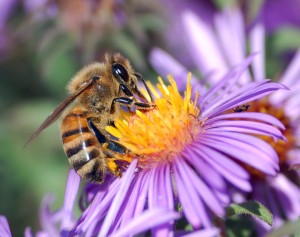A new study in the New England Journal of Medicine finds evidence that bypass surgery might be better than stents for treating blockages in diabetic patients. From Science News:
To find the best treatment for these patients, Fuster and colleagues randomly assigned 1,900 people with diabetes who had blockages in more than one coronary branch to get either bypass surgery or stents. After five years, 26.6 percent of patients assigned to get stents had suffered a heart attack or a stroke, or had died. Only 18.7 percent of those getting bypass surgery met one of those fates. And although both groups also received the best medical care otherwise available, those getting stents were more than twice as likely to have to return to a hospital to fix repeat blockages, says Fuster, who presented the study results at a meeting of the American Heart Association on November 4. The report also appeared online the same day in the New England Journal of Medicine.
“I think the data are very convincing,” says Timothy Gardner, a heart surgeon at Christiana Hospital in Newark, Del., who wasn’t part of the study team. “Interventional cardiologists have been skeptical that the more invasive coronary artery bypass graft in patients — especially with the other morbidities such as diabetes — was worth it.”

